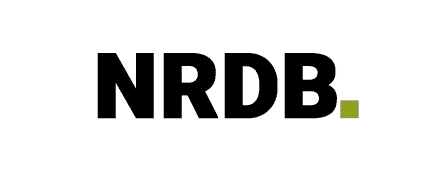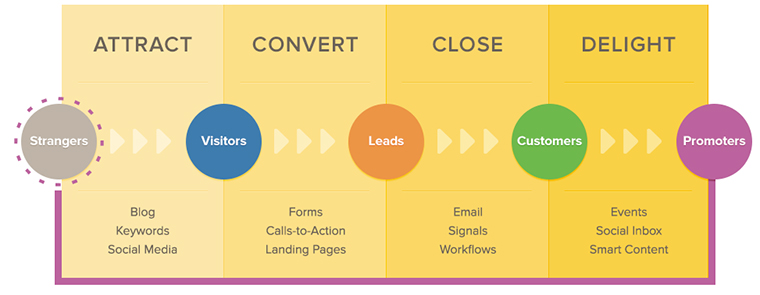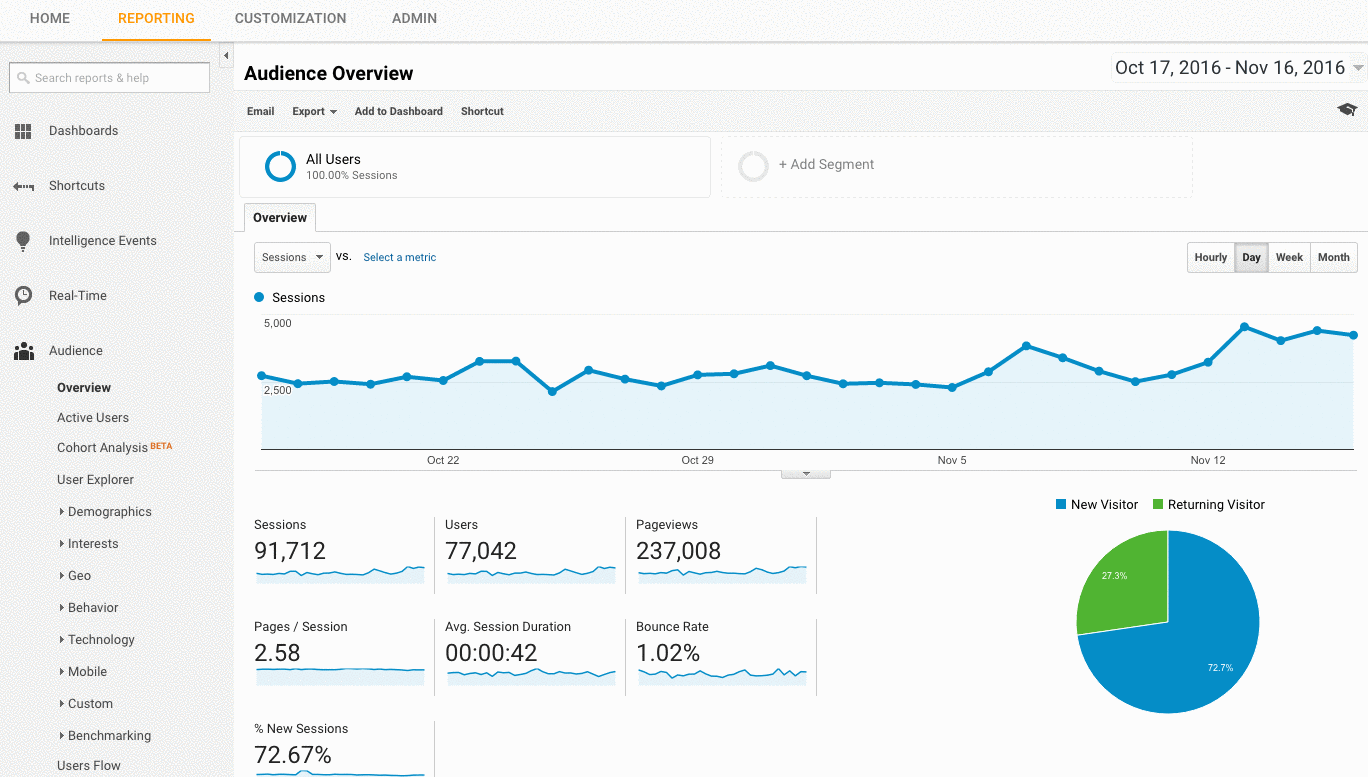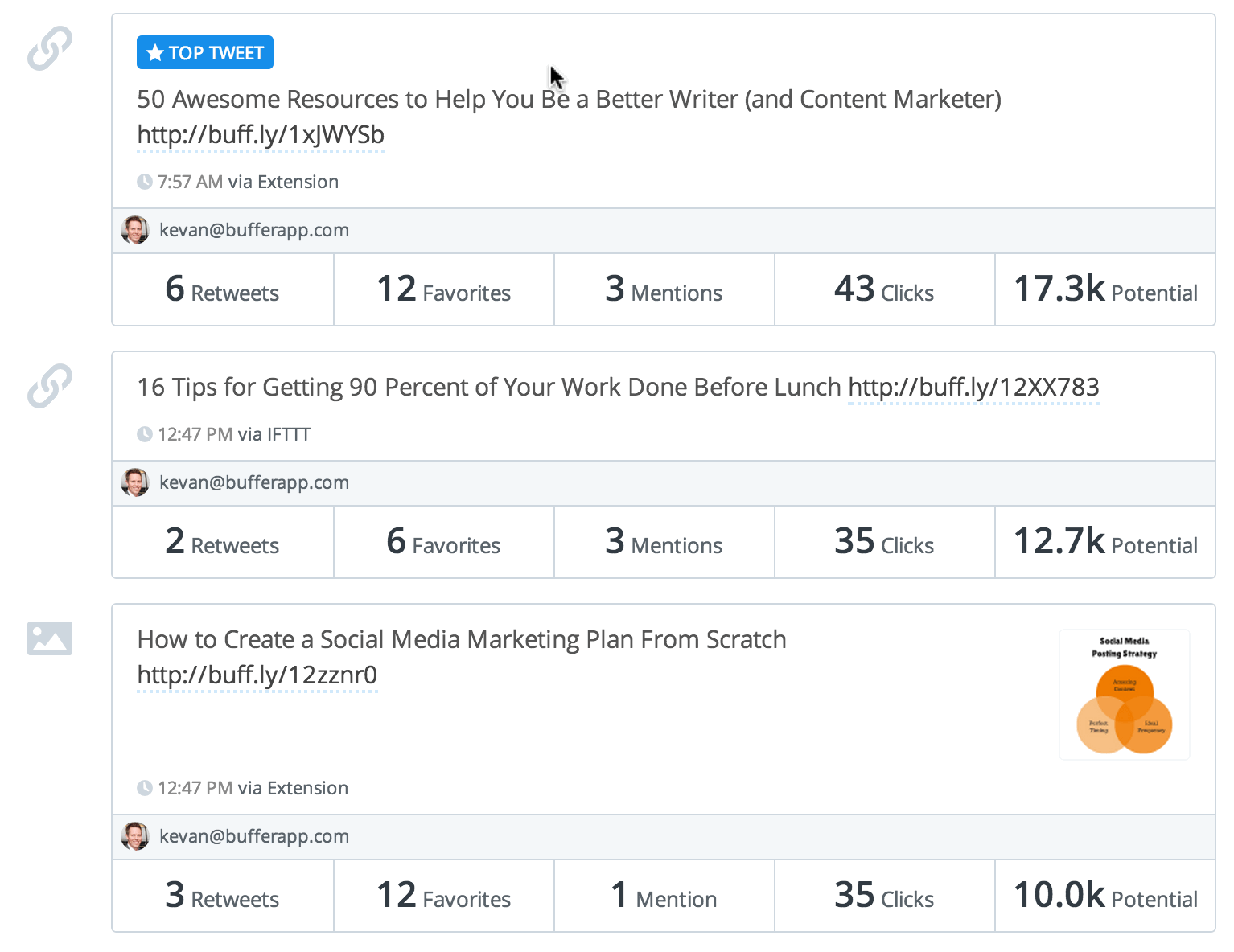When majority of small business owners hear the words “marketing automation” the first thing that comes to mind is: this is something that makes sense only for startups, technology and software companies. Not to mention any budget limitations that come to mind (rightfully so, some automation tools can be costly). However, with the rise of marketing automation comes the rise of competitive (and affordable) alternatives that can work for a business of any size. Including local, mom and pop type of shops.
For the purposes on focusing this posts on implementing marketing automation, I will not go into details of what marketing automation is but you can find a great overview (includes many guides) from HubSpot – the leader in this space (we use HubSpot for NR Digital Branding and this link to their blog post is not an endorsement, they just do a great job providing resources to business owners and marketers).
How can you make it work for your business?
Culture Shift Towards Focusing on the Customer First
What do I mean by this title? It means that every small business looking to utilize marketing automation has to shift it’s mentality, or priority, to make “smart marketing” a part of their everyday routine. Your business has to make this embedded in every process of your operations – from reception/cash register to the person who owns the business. There has to be a shift in thinking that evolves from “OK – let’s put together a promotion to sell more services” to “let us understand what EACH individual customer needs/prefers and try to help them”.
That does not mean your business stops doing promotions – it just means it gets smart about the type of offers and messages it creates. If you’re able to instill the practice of collecting, analyzing and understanding customer data throughout your organization, the concept of marketing automation will become second nature.
Now, all of this sounds great but how (and what type of tools) can your business take advantage of without spending hundreds or thousands of dollars like big brand names do?
Determine Goals & Select Tools Based on Needs
Does your business sell products? Do you provide services? Is your service a once-a-year offer (personal taxes) or a weekly service (fitness boot camp)? Once you figure this out then you’re ready to evaluate different tools for the right fit. However, I would recommend the following as good fits for businesses of all types:
CRM (Customer Relationship Management)
A good CRM system will allow you to manage your communications on a per-contact basis. With majority of good CRM solutions allowing for integration with popular email services (Gmail, Outlook, etc.) you will be able to have all of your engagements in one location to fully understand the life cycle of the customer’s buying journey. Not only are interactions there but CRMs allow for managing of deals (what the customer has purchased), their interactions with your promotions (email opens, clicks, etc) and many other useful tools.
A key feature I would recommend for your CRM choice would be that it easily integrates into other systems which will allow you to have an integrated customer intelligence tool regardless of other intelligence tools you chose!
Suggested CRM: HubSpot CRM
Cost: FREE
Analytics Reporting
Tracking your website metrics and marketing campaign efforts are huge benefits of digital marketing. Google Analytics offers a number of amazing tracking features, goal setting and many other features which allow your business to measure the effectiveness of most marketing tactics. While not perfect, these analytics can be the guiding factor in understanding how your customers prefer to interact and what type of marketing your business should focus on (and which marketing efforts should be dropped).
Suggested Analytics Tool: Google Analytics
Cost: FREE
Email Marketing
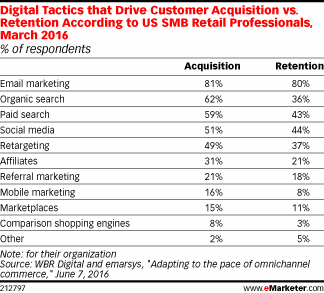
Suggested Email Marketing Tool: MailChimp
Cost: FREE (limited features)
Social Media Engagement
Social media is a complicated landscape for small businesses. Depending on how many social platforms your business is on and how much time/resources you can dedicate to engaging people on social media, your tool will vary. Benefit of these tools will allow you to manage multiple conversations on multiple platforms within one location. Scheduling posts is only one of the benefits – notifications, messages, content management and reporting are all things which social media management tools offer!
I use Hootsuite, however I recommend that majority of small business use Buffer – it is slightly cheaper for the 1st level professional plan and it has just as good (if not better) tools compared to Hootsuite.
Suggested Social Media Tool: Buffer
Cost: $10/month
Note
Keep in mind these are the bare basics that you could implement at affordable rates (or free of charge). The above mentioned tools are not endorsements – just recommendations based on working with budget-conscious small businesses over the years. Depending on your budget and needs you could find a solution that does all of these things as a single service. For ecommerce organizations (particularly ones with Shopify or other popular providers) there are a number of automation tools that allow you to send personalized messages such as abandoned cart reminders, offers based on products viewed, etc.
Make Automation Tools a Part of Daily Routine
A common misconception about marketing automation is that once it’s implemented it will solve all problems: send messages at the right time to the right people without anyone within the organization doing much other than adding new contacts. In reality, setting up email auto-responders (automatic emails to be sent based on action), lead flows and touch-points (who should contact a potential customer based on their behaviour and how) and data analysis (understanding how users engage with your emails/website, etc) is the real bread and butter of these systems.
Whether you as the owner take the time to manage this, have your sales people or customer service reps do it, or even make it a team effort between everyone – giving importance to your managing marketing tools & data should become ingrained into your daily process/routine.
There you have it! Marketing automation can be a great tool for small business – regardless of size or location. It just has to be taken seriously. By seriously I mean it can’t be just setup initially and then forgotten a month into it. It’s not a magic wand that will solve all problems. Much like all other business tools it requires regular management and improvement. When done right it can be your organization’s ticket to highly personalized interaction with your customers and better business results!
